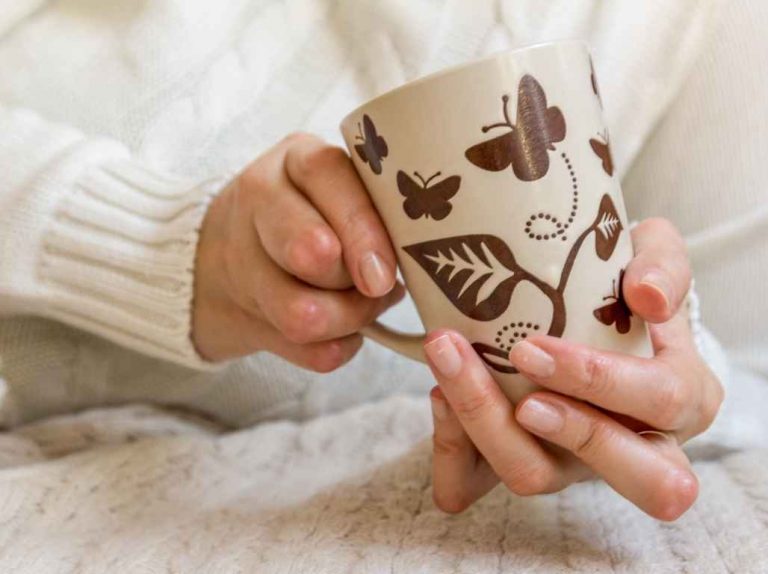Rheumatoid Arthritis (RA) is everywhere in the news. You’ve probably seen commercials about medications to help. That’s because so many people have it. In fact, in the U.S. 1.3 million people are struggling with RA. Worldwide estimates are that 1 percent of the population has it. Women are about two to three times more likely to get it than men. Hormones in both genders may play a role in either preventing or triggering it, but why people get it is still a mystery.
What is Rheumatoid Arthritis
RA is a chronic, inflammatory autoimmune disease characterized by inflamed, swollen, and tender joints, especially in the hands, wrists, and knees. Over time, inflammation of the joint tissue caused by autoimmunity can damage the joints and lead to dysfunction and deformity.
While Rheumatoid Arthritis (RA) primarily affects the joints, it’s a systemic condition that can affect other organs, including the lungs, heart, and skin. For instance, some people may develop a rheumatoid arthritis rash on the skin. Visible symptoms like skin rashes or gnarled and deformed knuckles can make you more self conscious. Simple things like picking up a glass, opening a door, or getting tops off of medicine bottles can be a real challenge. Since the disease is progressive, swollen painful joints in the knees, feet, and hands can become disabling.
Studies show that inflammatory diseases like Rheumatoid Arthritis (RA) can interfere with work, daily life, and interpersonal relationships. Some RA symptoms and long-term effects may impede your ability to live as independently as you once did, while other symptoms may also affect the way you look. Without the right tools, RA may sometimes get in the way of overall well being, quality of life, and a healthy self-esteem as you cope with new challenges. Fortunately, there are ways to help build back confidence and self-esteem while living with RA.
How to Build Self-Esteem With RA
While you might not be able to control your illness or how it impacts your body, one thing you can control when RA becomes part of your day-to-day life is how you cope with RA and the changes it brings. In terms of feeling more confident in yourself, you may find that it’s helpful to learn better ways of managing pain and accommodating any disability to help you feel less reliant on others. Talking with others may also help you feel less alone, more connected, and confident.
Enroll in a. Chronic Disease Self-Management Programs are a series of workshops that equip people with arthritis and other chronic illnesses with strategies to help self-manage their disease. Try finding a local version of the once weekly, six-week program. You may find greater confidence in your ability to manage your condition and its symptoms, both in the mind and body.
Participate in Cognitive Behavioral Therapy Cognitive behavioral therapy. (CBT) is a form of therapy designed to change behavior by creating more positive thinking patterns. CBT has been shown to be an effective treatment for depression in patients with RA. CBT can also be tailored to focus on dealing with body image issues or other self esteem issues by changing your perception of your appearance or ability. This can also help you with positive self talk to change your thought patterns about yourself and your condition.
Talk to Others About Your RA
Talking about your RA and how the condition affects your self-esteem may help make you feel better. Tell your rheumatologist and nurses if you’re anxious, depressed, blue, not sleeping at night, or not able to get through the day. They may be able to help by adjusting your treatment plan, or they may be able to recommend other helpful resources. You can also find support and comfort from other people with RA at local in-person support groups or via RA communities online such as myRAteam. Finally, telling your friends, family, coworkers about how RA shows up in your life may help them understand and better support you.
By Nyaka Mwanza





















